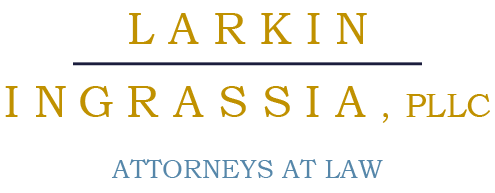An education is much more than a requirement for children in New York. It is designed to be a safe place where kids cannot only learn about science and math, but about themselves as well. They need to feel free to make mistakes. Of course, keeping a close eye on hundreds of kids with a small number of teachers is not a small task.
It is critical for school administrators to work consistently toward meeting academic standards while simultaneously ensuring students are reaching social development milestones in that safe environment.
Misconduct on a student’s behalf may occur, causing districts to intervene with investigations that could ultimately result in punishments. School officials must take into account the student’s rights regarding search and seizure during the investigation of such misconduct. What are those rights?
Rights of the student
Student’s rights are more limited on school grounds then they are on a public street:
- Backpacks, book bags, purses, etc.: students have the right to keep these items private, and these bags may not be searched by school administration without reasonable suspicion.
- Body searches: in some states, it’s a violation of the law to conduct a “no clothes” search. In other states, it’s considered highly invasive for strip searches to occur. However, pat down searches is not a violation of a student’s rights.
- Canine Searches: because it’s non-intrusive and doesn’t violate privacy, the use of drug sniffing dogs are not considered a violation of a student’s rights.
- Contraband: the student has no rights regarding contraband in plain view. If at any time, these items are in sight, they can be seized without a warrant, probable cause, or reasonable suspicion.
- Lockers: most courts do not consider locker searches as a violation of student rights despite this area having expectations of privacy.
- Drug testing: it is generally not regarded as a breach of a student’s rights for the school administration to perform random drug testing of athletes.
Checks and balances
Contrary to what students believe, they do not relinquish their Constitutional rights when entering school grounds. On the contrary, school administrators must pay particular attention to the students’ 4th and 5th amendment rights before any investigation can occur.
While a student may believe administration’s ultimate goal is to search their possessions to turn up evidence for a criminal prosecution, this is not necessarily the case. In reality, schools attempt to prevent violence and drug abuse from taking place on their grounds. If the administration doesn’t have reasonable suspicion of wrongdoing, they can’t conduct searches.
There is a balancing act that occurs, though, whereby schools use searches as a means of keeping control of the educational environment. It’s difficult for schools to meet standards, as well as ensure students are socially developing if they suspect wrongdoing is occurring and take no action. Therefore, it’s critical that they handle each situation individually to ensure the student’s rights are maintained.
When an investigation results in criminal charges, students have the same right to an attorney that adults have. It is prudent for any student in any criminal situation to consult with an attorney about their situation.


